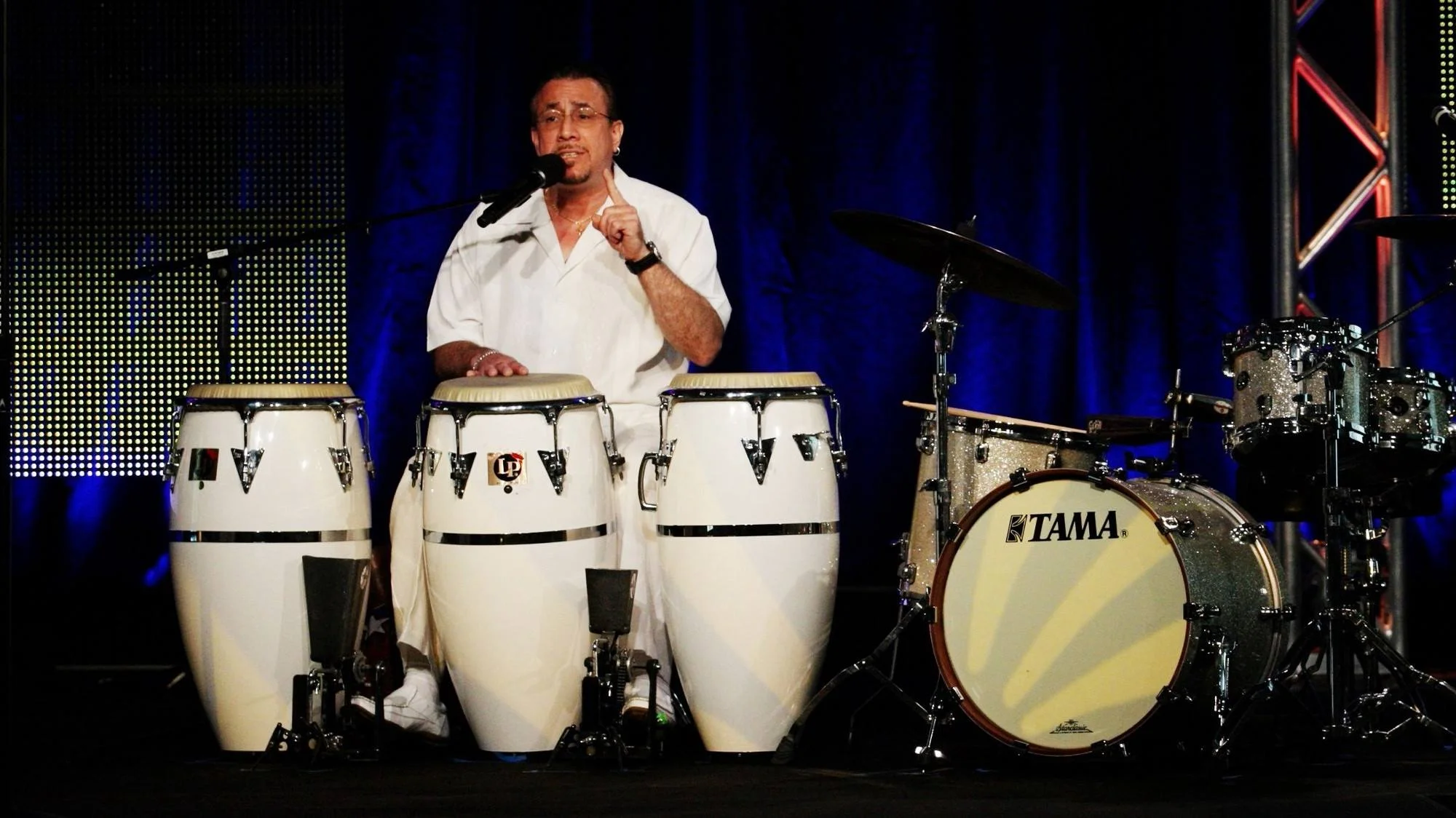Central tenets of the project including new research, exhibition results, choreography, curriculum, documentary short, and policy recommendations has been presented at various international institutions including the Office of the United Nations High Commissioner for Human Rights in (Geneva), Council of Europe (France), European Court of Human Rights (France), United Nations Twelfth Session of the Forum on Minority Issues, and in conversation with colleagues from the United Nations Educational, Scientific and Cultural Organization (UNESCO) working in Geneva and Paris.
Currently propelled by far-reaching, multi-government education initiatives, the project includes research, conferences, exhibition curation, interactive programs, virtual courses through Zoom, curriculum development, and film/photographic documentation. Previous experiences at locations such as The National Jazz Museum in Harlem, evening length lecture-performance at Lincoln Center for the Performing Arts, United Nations Office of the High Commissioner for Human Rights, Clemente Soto Vélez Cultural & Educational Center, New York University, and other locations. The initial support for this project was made possible by the Louis Armstrong Education Foundation, private donors, and gracious co-sponsors: The Center of Traditional Music and Dance, National Jazz Museum in Harlem, Frankie Manning Foundation, and the Center of Latin American and Caribbean Studies at New York University.
Movements/Groovemetns Our Mothers, a component of Urban Stomp, is an interactive experience that invites audiences to a show-and-tell happening of the movements and songs our mothers, chosen-mothers, caregivers, or matriarchs have given us. These gestures, dances, rhythmic phrases, and sounds inspired by the women in our lives are technologies for thriving. They help us tell intergenerational stories of possibilities of living in a world where everyone might experience defiant joy unapologetically. Using layered rhythms as a guide, people can tell/show their stories in groups or individually. Sessions include the act of witnessing, active listening or watching others' movement stories. Drawing and journaling add additional ways for people to experience and share their movement stories based on abilities. These interactive workshops challenge, offer comfort, and value the different experiences of family. They challenge the status quo of motherhood by honoring the different ways people receive and experience family. Supported by Rutgers University’s Paul Robeson Galleries beginning early 2023, the curatorial project includes a teaching artist professional development series, community visual arts project, and interactive anthropology of dance courses that center multi-generational storytelling. The series is in partnership with several community stakeholders, including New Jersey Performing Arts Center.
What This Project Does:
· Documents these exciting, living cultures through photography and documentary film
· At the forefront of advocating for funding, educational, and cultural initiatives at the local, national, and international levels
· Shows the importance of these two art forms through multidisciplinary research, conferences, lectures, and exhibit curation
· Elementary-university level, grade appropriate curriculum development
· Shares the history and cultures of these art-forms through interactive music/dance/fashion workshops, place-based walking tours, and multi-disciplinary events
. Facilitates professional development workshops for educators
· Curated, experiential programs such as: A Journey From Swing to Mambo, A Renaissance Re-Imagined, From Cuba to New York with Love, and Urban Stomp: Bienvenidos to New York
. Coordinates interactive, arts-education programs at museums, universities, cultural organizations, schools, and other mission-driven organizations
. Virtual music and dance classes through Zoom
The 2nd phase of this project included a documentary short film, instruction with local and internationally recognized musicians/choreographers/historians such as Mickey Davidson, Samuel Coleman, Gaby Cooke, Franck Muhel, Bobby Sanabria, Eddie Torres Jr., Shana Weaver, Danny Jonokuchi and the Revisionists, Alexa Barchini, Eyal Vilner, Derrick L. Washington and several others. The documentary short has been screened privately by educators in Los Angeles, Havana (CU), Miami, Austin (TX), Madrid, London, Mexico City, Rio de Janeiro, Tokyo, Johannesburg (ZA), and New York City.
The seeds of this project began in 2016 with a pop-up exhibition, programs, and groundbreaking symposium that included over 350 scholars, Savoy Ballroom dancers, Harvest Moon Ball champions, Mama Lou Park’s dancers, musicians, promoters, enthusiasts and pioneers of swing at the Museum of the City of New York. Continuing in the winter, the second phase of the project included a two-month course on swing and other social dances for high school students in New York City and the tri-state area. Positive feedback from students, parents, teachers and arts communities inspired the next phase. The work continued in the spring of 2017 with a professional development workshop in partnership with the New York Department of Education. Over fifty public and private school teachers learned about swing and other partner dances, history and the cultures that inspired these vibrant art forms. Teachers created lesson plans that they were able to share with their students, colleagues, and schools. The project is now expanding to audiences of all ages and abilities.
The 2nd phase of this project was made possible by the generous support from:




















































